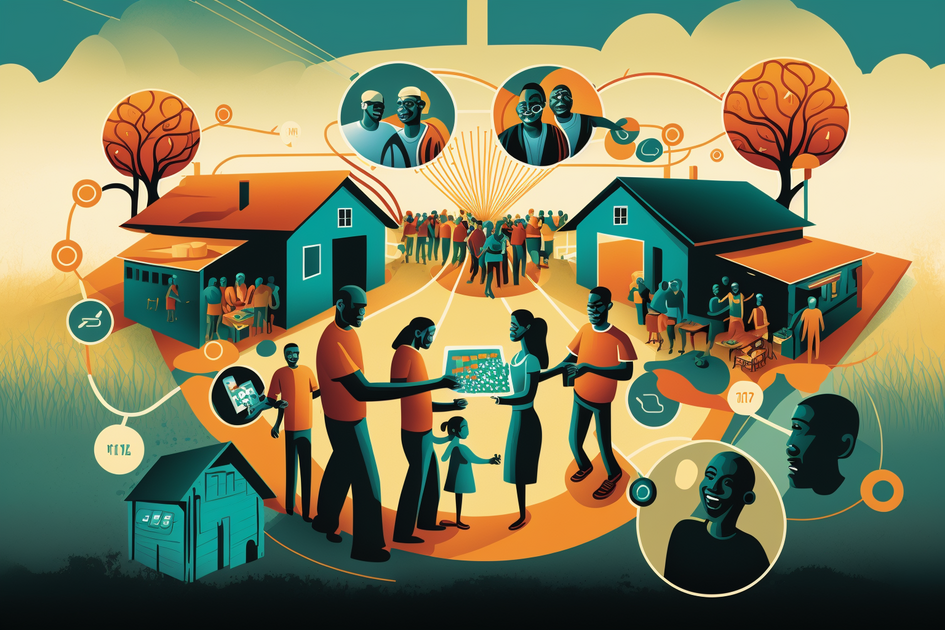Cooperatives and the Sharing Economy: Building Resilient Communities Through Decentralized Models
about 2 years ago
read

The sharing economy has transformed the way we access goods and services, leveraging technology to create new forms of economic and social interactions. One of the most promising aspects of the sharing economy is the potential for decentralized models, such as cooperatives, to empower communities and build resilience. In this article, we will explore the benefits of cooperatives and the sharing economy, and how they can help us build a more sustainable and equitable future.
The Rise of Cooperatives and the Sharing Economy
Cooperatives are businesses or organizations owned and operated by the people who use their services. By pooling resources and sharing the benefits, cooperatives enable communities to take control of their economic destinies and foster a more equitable distribution of wealth. The sharing economy, which focuses on the peer-to-peer exchange of goods and services, is a natural fit for cooperative models. By embracing decentralized systems and promoting local ownership, cooperatives and the sharing economy can help build more resilient communities.
Benefits of Cooperatives and the Sharing Economy
- Community Empowerment: Cooperatives enable community members to work together to address local needs, giving them a greater sense of control over their economic futures.
- Economic Resilience: Decentralized models like cooperatives help communities withstand economic shocks by keeping wealth and resources circulating within the local economy.
- Environmental Sustainability: The sharing economy encourages the efficient use of resources and reduces waste, promoting a more sustainable way of living.
- Social Equity: Cooperatives promote a more equitable distribution of wealth and decision-making power, reducing income inequality and fostering social cohesion.
- Innovation and Adaptability: Decentralized models can respond more quickly to changing circumstances and embrace innovative solutions, making them more adaptable in the face of challenges.
Examples of Successful Cooperatives and Sharing Economy Initiatives
- Platform Cooperatives: Digital platforms owned and operated by their users, such as Stocksy United for stock photography and Fairbnb for ethical home-sharing, are challenging traditional business models and empowering communities.
- Community Energy Projects: Locally owned renewable energy cooperatives, like the Brooklyn Microgrid in New York, are enabling communities to generate their own clean energy and become more resilient.
- Food Cooperatives: By sourcing produce directly from local farmers and producers, food cooperatives like The Park Slope Food Coop in Brooklyn help to support local economies and promote sustainable agriculture.
Cooperatives and the sharing economy have the potential to transform our communities by fostering a more decentralized, equitable, and resilient approach to economic development. By embracing these models and supporting their growth, we can build stronger communities and a more sustainable future for all. It's time to harness the power of cooperatives and the sharing economy to create a better world.